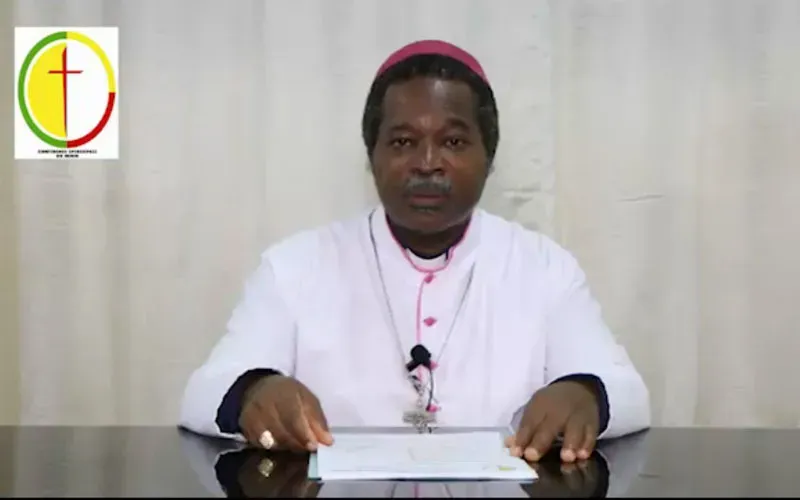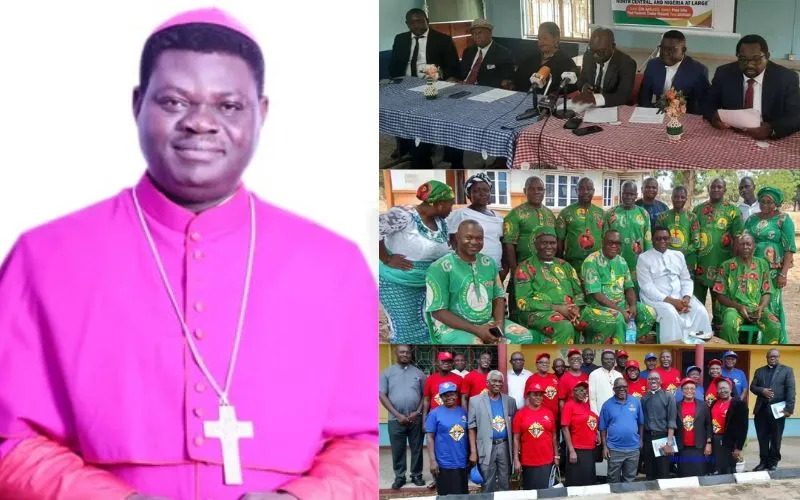Under this article, abortion can be authorized if “the continuation of the pregnancy endangers the life and health of the pregnant woman.”
Abortion can also be authorized if “the pregnancy is the consequence of a rape or an incestuous relationship and the request is made by the pregnant woman if she is an adult, or by her legal representatives in the case of a minor.”
A medical doctor can also authorize abortion if “the unborn child is suffering from a particularly serious condition at the time of diagnosis.”
In a collective statement shared with ACI Africa Monday, January 24, members of the Episcopal Conference of Benin (CEB) make reference to their previous opposition to attempts to legalize abortion.
“Despite our disapproval and the lively debates that it provoked in public opinion, Law No. 2021-12 of 20 December 2021 modifying and completing Law No. 2003-04 of 3 March 2003 on sexual and reproductive health was promulgated,” the Catholic Bishops lament.
“Direct abortion, that is, abortion willed as an end or as a means, always constitutes a grave moral disorder, since it is the deliberate killing of an innocent human being,” CEB members say, making reference to the Encyclical Letter of St. John Paul II, Evangelium Vitae.
CEB members encourage Catholics and people of good will to “respect the sanctity of life in all circumstances.”
Last year, CEB members condemned the bill that sought to legalize abortion in most circumstances through the amendment of the law on sexual health saying the proposed legislation was a move to foster a “culture of death” in Benin.
“Abortion is an inhuman act that destroys the life of the fetus but also that of the mother in many ways,” the Catholic Bishops said in a collective statement issued October 19.
In their latest eight-point statement dated January 21, CEB members Bishops recommend the “creation and the operationalization in all the Dioceses of Benin, not only of centres for listening to and accompanying girls or women in distress with regard to a pregnancy, but also of structures for welcoming life where children born of difficult pregnancies could have the chance to live.”








